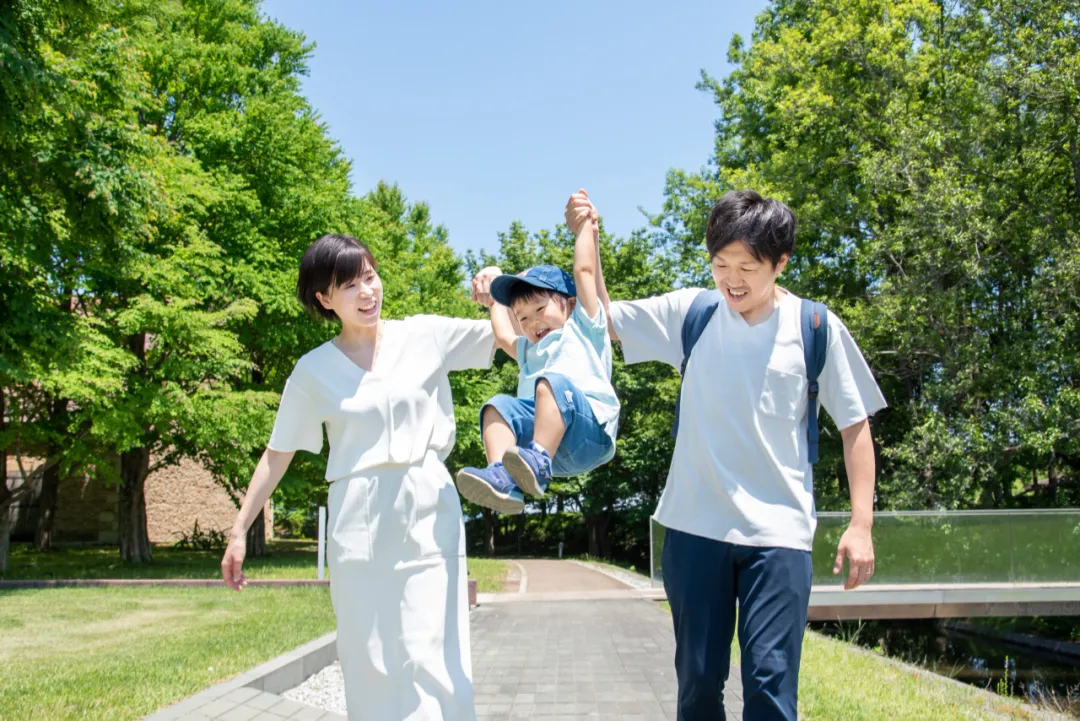What Is the Japanese “Sense of Distance”?
Anyone who has lived in Japan or interacted closely with Japanese people may have noticed something subtle but unmistakable: a finely tuned sense of emotional and social balance. It's not overly friendly, but it’s not cold either—always polite, slightly reserved, and never intrusive. This careful way of interacting is often described as a "sense of distance." It’s not just a social custom—it’s a deeply rooted cultural value that helps define how relationships are built and maintained in Japan.
Cultural Roots: Where the Distance Comes From
To understand this behavior, we have to look at Japan’s history and geography. As an island nation with limited space and resources, Japanese society evolved around the need to live peacefully in close quarters. This gave rise to a culture centered around wa(和)—the idea of harmony. Maintaining wa means avoiding conflict and respecting each other’s boundaries, both physically and emotionally.

This mindset is reflected in daily life. Japanese people tend to speak softly in public, and even in crowded trains, they try not to make eye contact or touch others unnecessarily. These small gestures are not about coldness—they’re a quiet way of saying, “I respect your space, and you respect mine.”
Even the Japanese language reflects this mindset. The complex system of honorifics—keigo—allows speakers to adjust how they speak depending on the person they’re talking to. There’s formal language for superiors, humble language for clients, and casual language for close friends. These layers of speech aren’t just about politeness—they’re tools for managing social distance. For foreigners, Japanese communication can sometimes seem indirect, but this subtlety is intentional. It's how people in Japan keep relationships smooth and respectful.
Distance in Daily Life: Work and Family
Nowhere is this sense of distance more visible than in the workplace. In Japanese companies, coworkers rarely ask about each other’s personal lives. Even among friendly colleagues, it’s uncommon to discuss dating, family matters, or weekend plans—topics that might be normal in other cultures. Asking such questions may be seen as too forward, or even intrusive. Here, the line between public and private life is clearly drawn, and keeping that line intact is a sign of respect.

That said, the Japanese approach to care and connection isn’t cold—it’s just quieter. Instead of directly asking if you’re feeling okay, a colleague might leave cold medicine on your desk. When a friend moves, they might not ask for help with packing, but you’ll likely receive a beautiful thank-you gift later. It’s a kind of support that doesn’t demand attention, but still makes you feel seen and valued.
This balance can feel both refreshing and confusing for foreigners. On the one hand, it creates a peaceful, orderly social environment. On the other, it can feel hard to get close to people. You might sense that relationships stay on the surface, even after months of friendly interaction.
A Real-Life Example: The Risk of Oversharing
We interviewed Mr. Patrick, a foreigner working in Tokyo for three years, shared a common experience. Although he had a good rapport with his colleagues, he felt like he could never quite "break through" to a deeper connection. One evening, after a few drinks at a company party, he decided to open up and talk about his romantic life—expecting to bond over honesty. But instead of engaging, his colleagues simply smiled politely and changed the subject.

Later, he realized that in Japan, too much self-disclosure can make others uncomfortable. Many Japanese people prefer to keep social interactions light and cheerful. They believe emotional topics belong in more private, intimate spaces—and only after a long time of building trust.
Even within families, this sense of distance is often maintained. Compared to couples in some Western cultures who may be emotionally intertwined, many Japanese spouses emphasize personal space. One woman put it simply: “I respect his space, and he respects mine.” While that may sound distant to outsiders, it’s seen in Japan as a mature and healthy approach to long-term relationships.
A Shift Among the Younger Generation
Things, however, are beginning to change—especially among younger generations. Influenced by globalization, social media, and Western norms, today’s Gen Z in Japan is more open to expressing themselves.

Platforms like Instagram, TikTok, and YouTube are filled with young Japanese users posting about their daily lives, hobbies, and even personal thoughts. This kind of openness was once uncommon. A popular blogger in her 20s, shared, “My parents think it’s weird to show your life online. But for us, it’s normal.”
Still, there’s a line. While she’s comfortable sharing travel photos or food reviews, she avoids posting about family drama or relationship struggles. “Some things,” she laughed, “are better kept private.” Even in the digital age, the Japanese sense of balance—what might be called “emotional moderation”—remains.
Tips for Foreigners: How to Navigate the Distance
For those new to Japanese culture, learning how to engage with this “sense of distance” can make relationships much smoother.
Respect boundaries. Don’t rush intimacy or mistake politeness for insincerity. In Japan, kindness is often shown through space, not closeness.
Pay attention to small gestures. A gift from someone’s hometown, or a reminder to take care of your health—these are often signs that someone cares.
Take your time. Relationships in Japan develop slowly. After a few meetups, you may find people opening up more naturally. The key is patience.

Final Thoughts: Distance Is Not Coldness
Japan’s “sense of distance” might feel unfamiliar at first—maybe even isolating. But as you begin to understand it, you’ll see that it’s less about keeping people out, and more about creating space for everyone to feel respected and at ease.
It’s like a Japanese paper lantern: from afar, the light is soft and quiet. But the closer you get, the more warmth you’ll feel.
Related Articles
You may also like...
International Hostess Bar Since 1993
夢
ORIGIN
・ International Hostess Bar since 1993
・ Japanese Hospitality with International Service
・ Diverse and Charming Floor Ladies
・Located in Shinjuku, Tokyo
・Transparent Pricing
・Easy Online Reservations



















.jpg)




